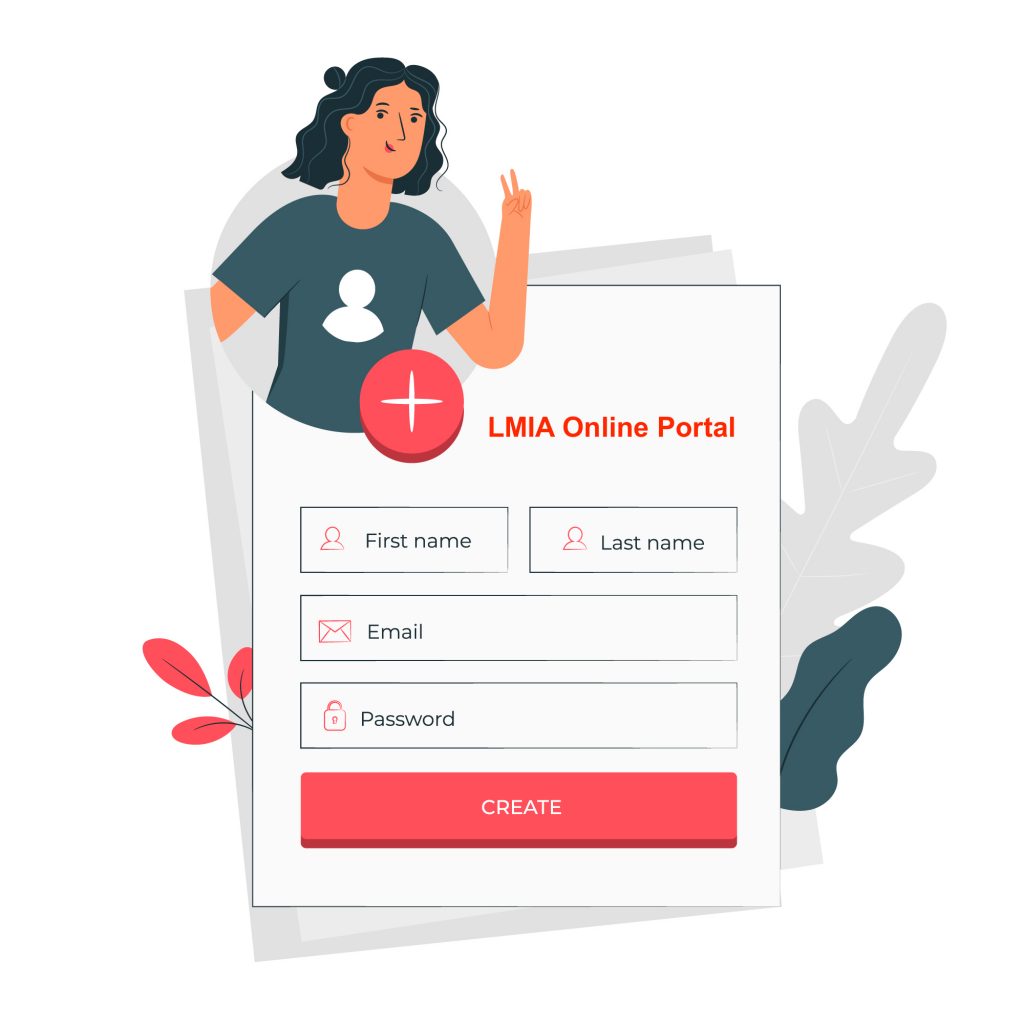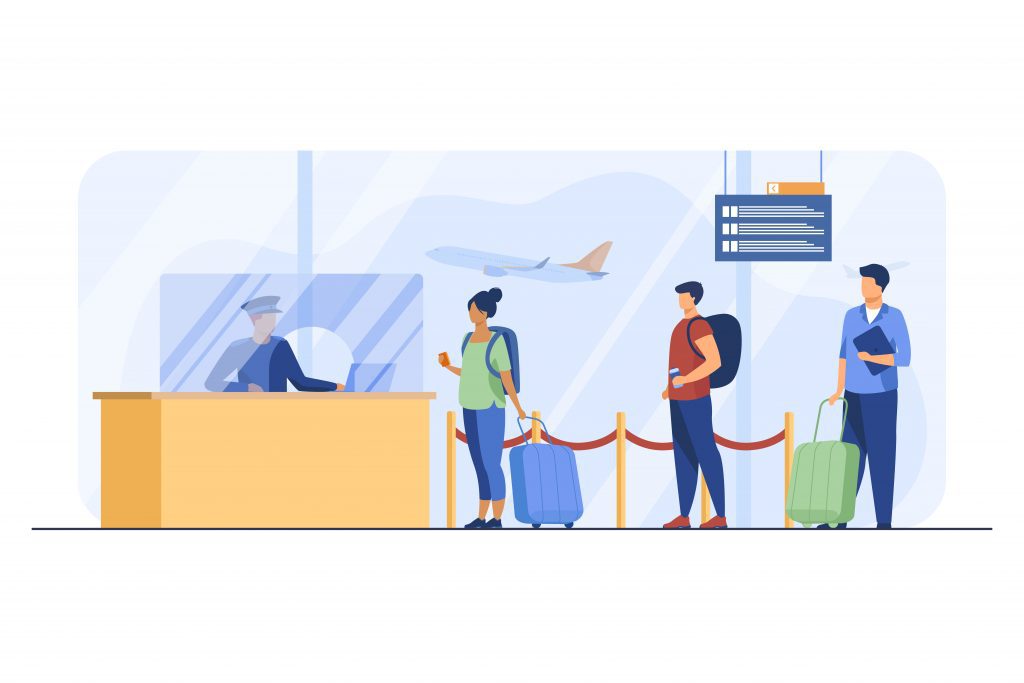What is a Labour Market Impact Assessment (LMIA)?
Call Us + (905) 771-5198

The significance of LMIA
Why do I need an LMIA ?
Without an LMIA, it is illegal to hire a foreign worker, and the worker will not be eligible for a work permit to work in Canada.
What happens after an employer obtains an LMIA?
Once an employer obtains an LMIA, the foreign worker can use it to apply for a work permit.
What does it mean to hold an LMIA?
Holding an LMIA means that the employer has received a positive assessment from the government, indicating that there is a need for a foreign worker to fill a specific job.
Why LMIA Is Essential For Your Organization


LMIA (Labour Market Impact Assessment) is a process that evaluates the impact of hiring foreign workers on the Canadian labour market. It offers organizations access to a larger pool of specialized talent, helping to address critical labour shortages and support growth. Hiring foreign workers through LMIA can also stabilize the workforce, lower turnover rates, and offer an opportunity for employers to invest in employee development, increasing productivity and loyalty. Additionally, hiring foreign workers through LMIA can save costs in the long term by avoiding the high costs associated with recruiting and training new employees, while foreign workers are often highly motivated and willing to work longer hours or in challenging conditions. LMIA provides numerous benefits for organizations, but it’s important to use the process responsibly and in compliance with Canadian labour laws and regulations


Our Services
At Ekeepeer, we follow a step-by-step process to help you obtain a positive Labour Market Impact Assessment (LMIA) and hire foreign workers for your business. The process includes the following steps:
1. Business Evaluation
This step is crucial as it evaluates your business needs and determines your LMIA eligibility. We also identify your specific company requirements, such as the skillset and experience needed for the job positions. This helps us to develop a strategy for obtaining a positive LMIA.




2. Company Advertisement
Once we confirm the eligibility and decide to move forward with LMIA, as part of the LMIA requirements, we will advertise your job positions through various means for a minimum of 28 days, for example, on the Government of Canada’s Job Bank.
3. LMIA Submission
While the advertisement is running, we work on your company profile for the application and collect all necessary paperwork and forms. We then submit your LMIA application on behalf of your business.





4. Worker's Interview:
To ensure that you find the best fit for your business, we will host an online video meeting for you to interview all our choosing candidates who meet your job description. If you already have the right candidate in mind, this step can be skipped.
5. Attain Positive LMIA
After submitting the LMIA application, we wait for the Canadian government to process your application. If your application is approved, you will receive a positive LMIA. This confirms that there are no Canadians available to fill the job position and allows you to move forward with hiring a foreign worker for your business.




6. Apply Work Permit
With a positive LMIA, you can apply for a work permit for the selected foreign worker. A work permit is a document that allows the foreign worker to work in Canada for a specific period.
7. Employee's Arrival
Once the work permit is approved, the selected foreign worker can come to Canada to start working for your business. This is the final step in the process.


We are committed to helping you navigate the LMIA application process and welcome the new employee to your team.
FAQ
Why do I need an LMIA ?
Canadian employers who wish to hire foreign workers need to obtain an LMIA to prove that no Canadian worker is available for the job. Without an LMIA, it is illegal to hire a foreign worker, and the worker will not be eligible for a work permit to work in Canada. The LMIA process is in place to protect Canadian workers’ job opportunities and ensure that the hiring of foreign workers is done in a manner that benefits the Canadian economy.
Why should I consider LMIA?
LMIA can be a valuable tool for Canadian business owners in certain industries and hiring situations, such as agriculture, hospitality, healthcare, and highly specialized roles. By obtaining an LMIA, business owners can ensure that they are hiring workers who are legally authorized to work in Canada and may be able to retain them for longer periods of time. At Ekeepeer, we offer Free Business Evaluation to help you determine whether LMIA is beneficial for your business.
What happens after an employer obtains an LMIA?
Once an employer obtains an LMIA, the foreign worker can use it to apply for a work permit. The work permit application is processed by the IRCC, which considers the LMIA and other factors, such as the worker’s qualifications and the job offer. If the work permit is approved, the worker can travel to Canada and start working for the employer.
What does it mean to hold an LMIA?
Holding an LMIA means that the employer has received a positive assessment from the government, indicating that there is a need for a foreign worker to fill a specific job and that no qualified Canadians are available for the position. With an LMIA, an employer can hire a foreign worker, who can then apply for a work permit specifying the employer and the job they are authorized to work in Canada.
How long is an LMIA valid for?
On average, an LMIA is typically valid for a period of 2 years from the date of issuance, but it’s important to note that this can vary depending on the specific job and circumstances of the application. For example, LMIA validity may be shorter for seasonal or temporary positions. Additionally, employers should keep in mind that they may need to apply for a new LMIA if they wish to extend the foreign worker’s employment after the initial LMIA expires.
How long does it take to get an LMIA?
The processing time for an LMIA application can vary depending on the type of application and the location where the job will be located. Processing times can range from a few weeks to several months. Please refer to the processing time announced on Government of Canada official website.
What documents are required to apply for an LMIA?
The documents required for an LMIA application can vary depending on the type of application, but generally include submitting the application form (EMP5593), job offer letters, business license, financial statements, proof of recruitment efforts to hire Canadians, and job description.
How much does it cost to apply for LMIA?
The cost of applying for an LMIA is $1,000 per position requested. However, there may be additional costs associated with third-party legal assistance and worker transportation. These costs can vary depending on a number of factors, including the complexity of the application and the location of the business and workers.
What happens if an LMIA is approved?
It’s called receiving the “ Positive LMIA”. After getting the positive LMIA, the employer can use it to apply for a work permit for the foreign worker. The worker will then be able to legally work in Canada for the specific employer and job indicated on the LMIA.
What happens if an LMIA is denied?
If an LMIA is denied, the employer will not be able to hire a foreign worker for that specific job, unless they are able to successfully appeal the decision or apply for a different type of LMIA.
Conclusion


